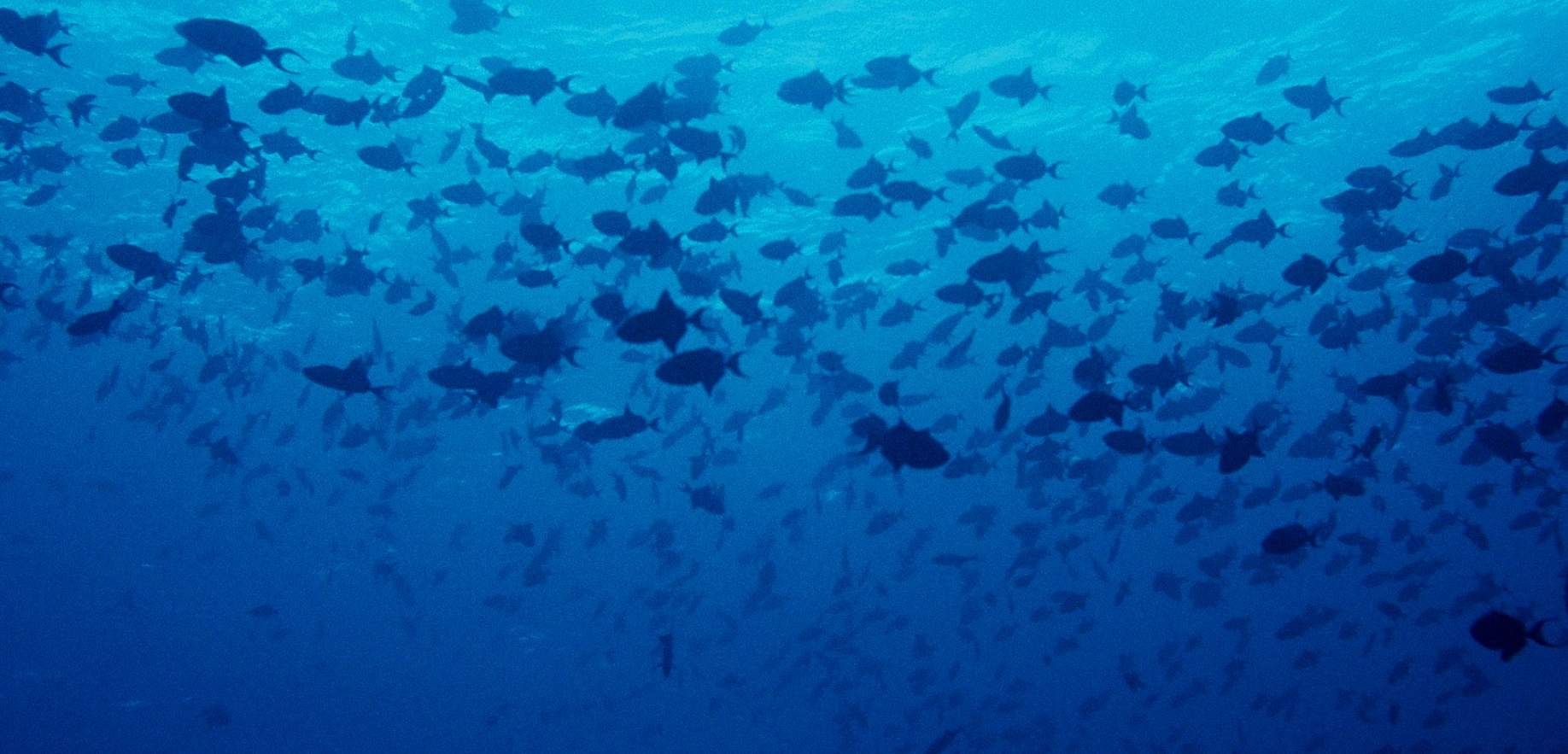BBC World News features the Blue Paper ‘The Ocean Genome: Conservation and the Fair, Equitable and Sustainable Use of Marine Genetic Resources’ with lead authors Robert Blasiak and Julia Sigwart.
———
With marine life threatened by pollution, habitat loss and degradation, measures are being put in place to safeguard genetic diversity. But more action is needed.
SAVING THE OCEAN GENOME: Marine life is incredibly diverse, resulting in an abundance of genetic diversity that dwarfs the biodiversity found terrestrially. It comprises millions of species of which the great majority remains undescribed. This variance is underpinned by genetic diversity, which encodes the functional attributes, distribution and adaptability of species.
Understanding and conserving this “ocean genome” is essential not just for the resilience of species and ecosystems, but also for the economy.
Marine genetic resources sustain commercial industries and have proven valuable in the development of everything from food products to laundry detergents.
Essential for evolution
Centre researchers Robert Blasiak and Henrik Österblom are among the experts assembled by The High-Level Panel for a Sustainable Ocean Economy to catalyze solutions for safeguarding ocean health.
One aspect of the Panel’s work is understanding how to safeguard the diversity of marine life, the ocean genome.
A paper published by the panel, entitled “The Ocean Genome: conservation and the fair, equitable and sustainable use of marine genetic resources”, provides guidelines to ensure its sustainable and equitable conservation and use.
The report includes contributions by 12 international experts, and has been co-led by Robert Blasiak, Rachel Wynberg, Kirsten Grorud-Colvert and Siva Thambisetty.
———–
“We analyse the understanding of the genetic diversity of life within the ocean, the threats posed to such diversity, the benefits it provides and the tools and approaches that can protect it.”
– Robert Blasiak, lead author
———–
What to do
With the ocean genome threatened by pollution, habitat loss and degradation, tools and measures are being put in place to safeguard genetic diversity at the ecosystem level.
But more action is needed.
More equitable research partnerships should be forged between industrialized and developing countries, including by fostering the creation of dynamic knowledge hubs with increasing reliance on data and information.
This means:
- Protecting and monitoring marine genetic diversity as part of conservation measures
supporting greater equity and inclusivity in genomics research and commercialization - Developing a global, multilateral benefit-sharing mechanism and enhancing the legal capacity of developing countries
- Increasing financial and political support to provide infrastructure and funding for marine science, among others
Blasiak and his colleagues hope that technology, policy, governance and finance can be applied to help accelerate a more sustainable and prosperous relationship with the ocean, one that “balances production with protection.”
View article and video here

 Previous
Previous


